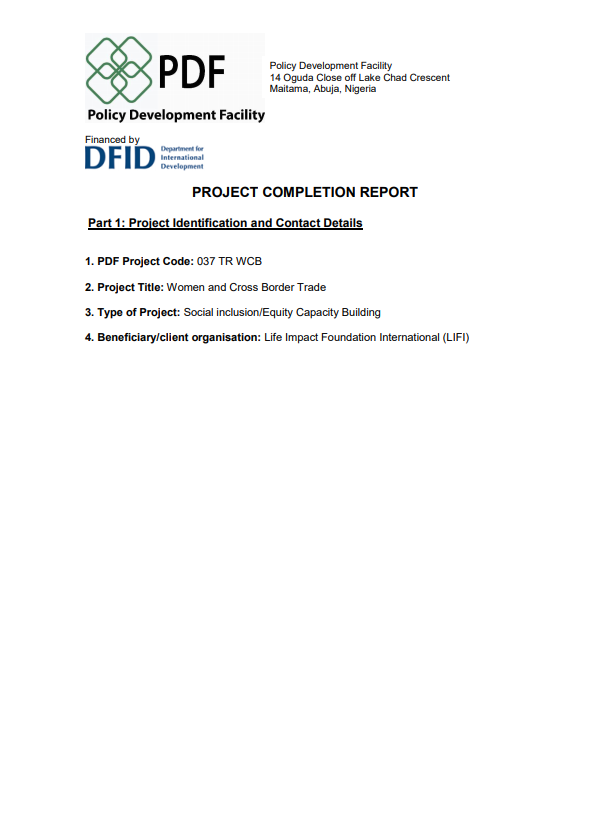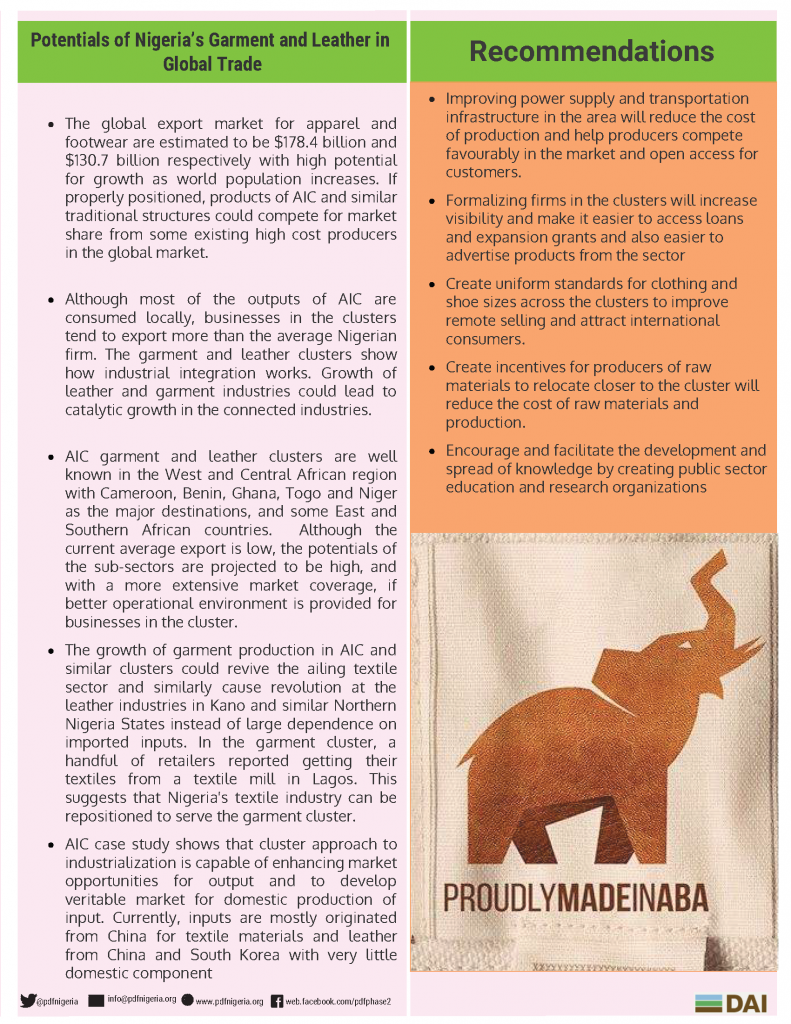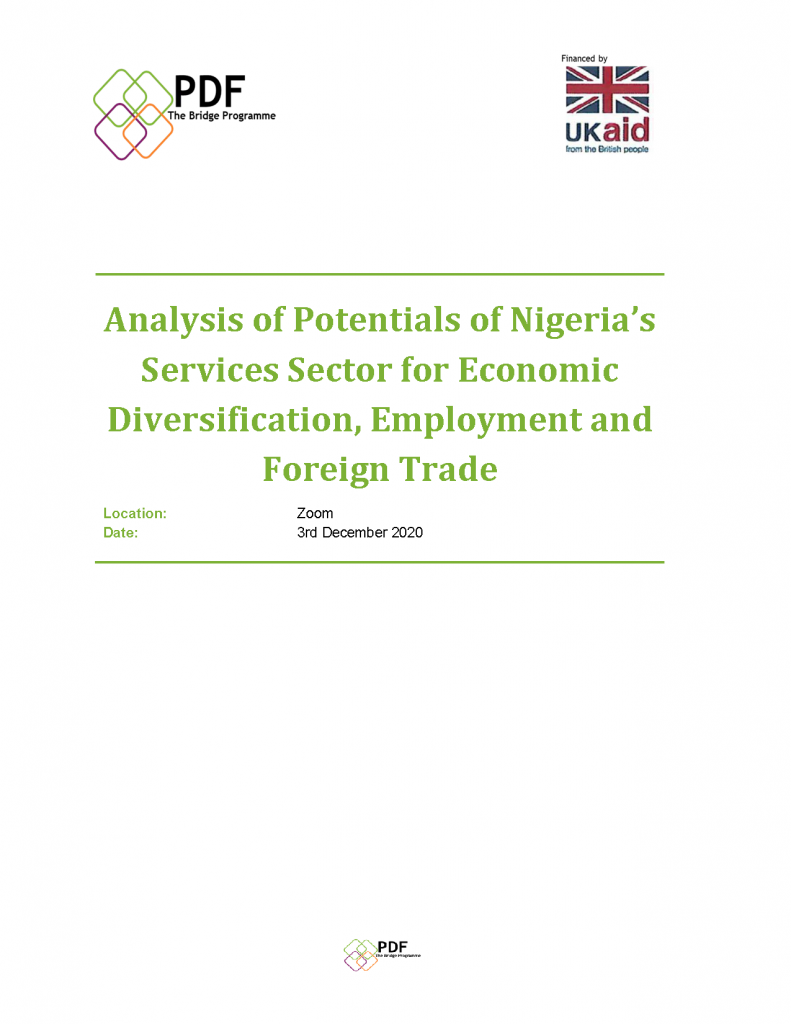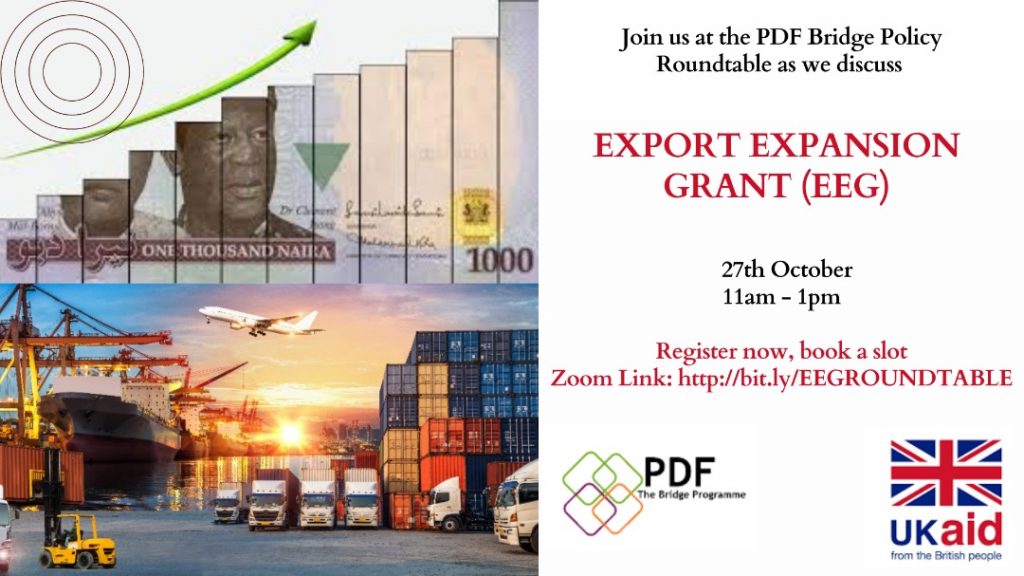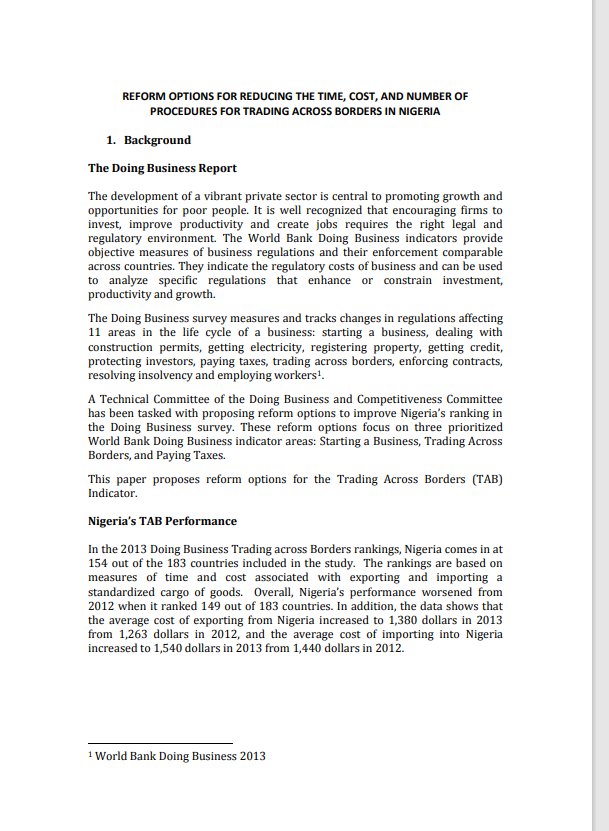Micro Small and Medium-Scale Enterprises (MSMEs) are integral to the stimulation of developing economies as exploiting the full capabilities of MSMEs will improve trade competitiveness aimed towards achieving the objectives of the Africa Continental Free Trade Area (AfCFTA). PDF Bridge Programme recognises the role that MSMEs can play in the implementation of the AfCFTA; and is supporting the National Action Committee of the AfCFTA Secretariat by funding this study. The output from this study will contribute to the initiatives to prepare the country and its stakeholders to compete in Africa’s single market, resulting from the implementation of AfCFTA, which commenced in January 2021. The key objectives of the study are: to grow MSMEs and evaluate measures to scale up their production by addressing constraints, gaps, and requirements, to identify measures to aggregate MSMEs products to meet export demand in terms of quantity and quality, to review several approaches to address production capacity, production quality, and market access issues and from review of international best practices ascertain learning points in defining the optimal pathway for Nigeria and to recommend optimal pathway or a combination of pathways that could be employed for MSMEs aggregation, growth, productivity, quality standard and market access to improve Nigeria’s export potential and capacity in line with AfCFTA implementation timetable.
MSME Aggregation and Growth Study
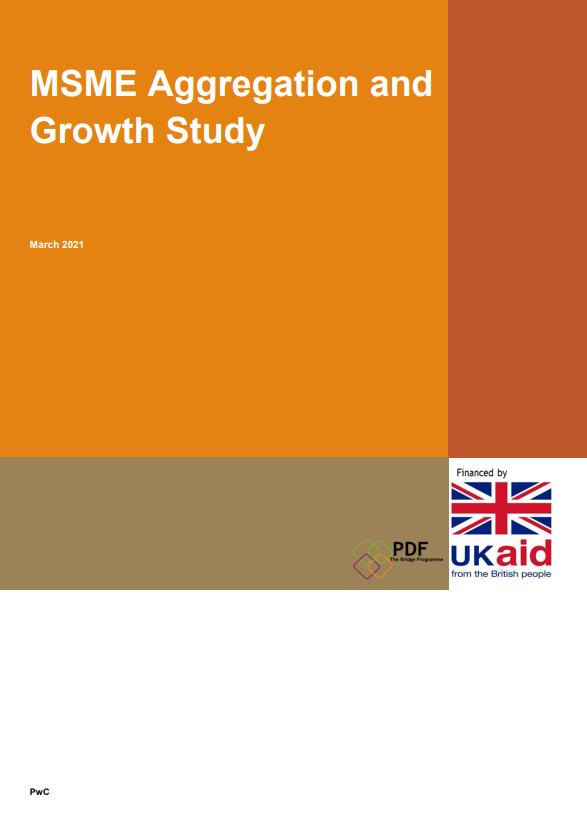
Associated resources
This study conducted by PDF with support from FCDO (formerly DFID) shows that women who engaged in cross border trade contribute to food security by trading food products from areas of surplus to areas of deficit. The paper reveals that depending on how this trade is organized, these women have the potential to contribute significantly to household earnings and resources. This empowers women by giving them financial independence and control of their own resources.
Aba Industrial City is an aggregation of thousands of MSMEs and mass producers of industrial goods including garment and leather products. If properly harnessed, the mass production capacities of component clusters of AIC and similar models are capable of positioning Nigeria at a competitive advantage in the global garment and leather industrial space. In 2016, the Textile, Apparel, and Footwear sector contributed N2 trillion ($6.6 billion), approximately 2% of Nigeria’s total GDP, to Nigeria’s economy.
A roundtable event on the potentials of exporting the services sector in Nigeria. At the Roundtable, it was noted that among business owners and exporters, there is little understanding of what services export entails. Many businesses engage in service exports but are not aware of this. Understanding the four modes of services – Cross border trade, Consumption abroad, Commercial presence, and Presence of natural persons – is important for business growth. To achieve this, stakeholders including the NEPC will need to conduct capacity building and sensitisation workshops for exporters, working with relevant business associations.
Export Expansion Grant (EEG) was established under the Export Incentives and Miscellaneous Decrees of 1986 and amended into an Act in 1992 to accomplish the diversification agenda of the Federal Government of Nigeria (FGN). Other export support funds created under the same Act are the Export Development Fund (EDF) and Export Adjustment Scheme Fund (EASF). The funds have been repositioned in the Economic Recovery and Growth Plan (ERGP) of 2017-2020. The EEG is a post-shipment incentive scheme aimed to achieve three key objectives: (i) to enable exporters to expand their businesses more conveniently, (ii) make Nigeria’s non-oil export more competitive, and (iii) facilitate greater and faster foreign market penetration.
PDF II (now PDF Bridge)’s Trade Policy Workstream funded a study on “Analysis and Impact of the Export Expansion Grant on Export Potential, Market Access and Export Competitiveness in Nigeria”. This policy roundtable discussed the findings and recommendations from this study.
The lack of improvement and deterioration in Nigeria’s export trade performance rankings such as measures of time and cost associated with exporting and importing a standardized cargo of goods reinforces the need for Nigeria to undertake urgent and extensive reform to improve its trading across borders performance. This research provides immediate, medium and long term reform options.

